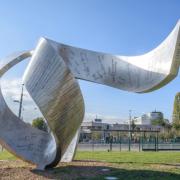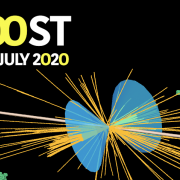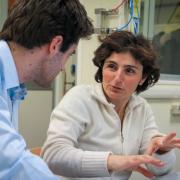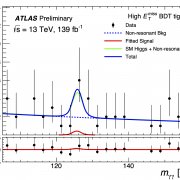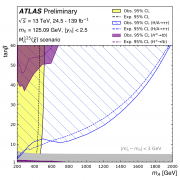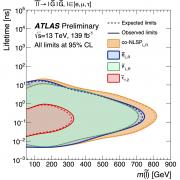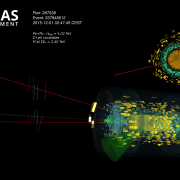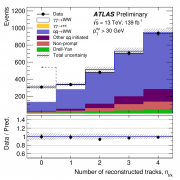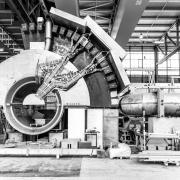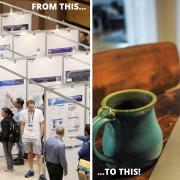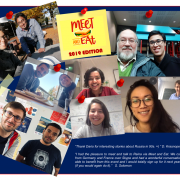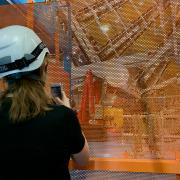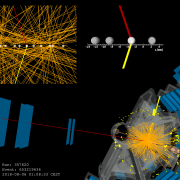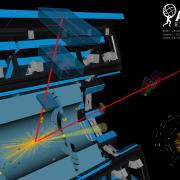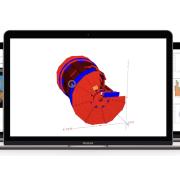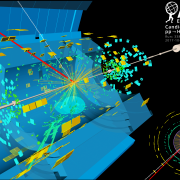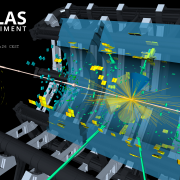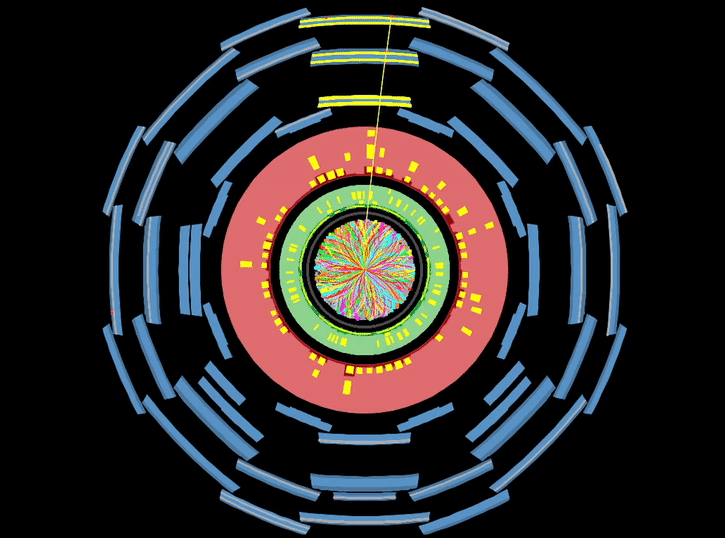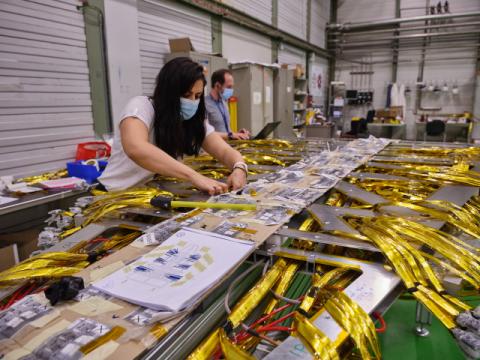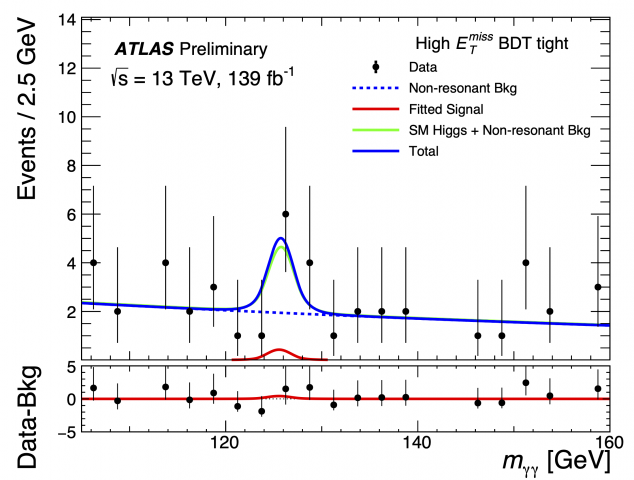Access to Collaboration Site and Physics Results
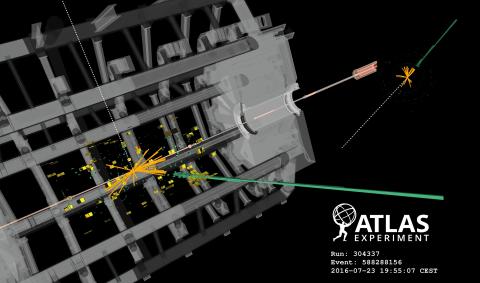
Searching for new symmetries of nature
– The fundamental forces of nature are intimately related to corresponding symmetries. For example, the properties of electromagnetic interactions (or force) can be derived by requiring the theory that describes it to remain unchanged (or invariant) under a certain localised transformation. Such an invariance is referred to as a symmetry, just as one would refer to an object as being symmetric if it looks the same after being rotated or reflected. The particular symmetry related to the forces acting among particles is called gauge symmetry.Read more →
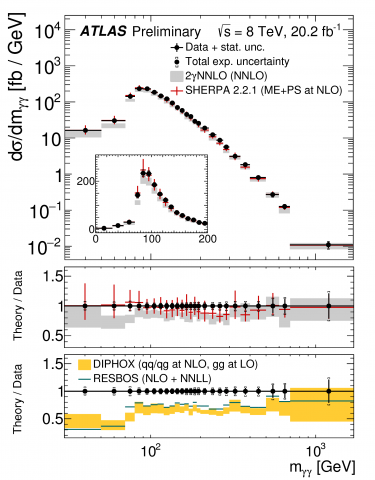
Improving our understanding of photon pairs
– High-energy photon pairs at the LHC are famous for two things. First, as a clean decay channel of the Higgs boson. Second, for triggering some lively discussions in the scientific community in late 2015, when a modest excess above Standard Model predictions was observed by the ATLAS and CMS collaborations.Read more →
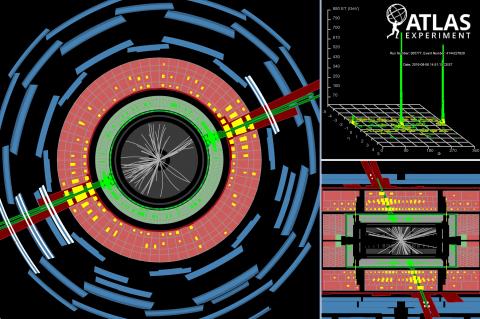
ATLAS highlights from Moriond
– At this year’s Rencontres de Moriond, the ATLAS collaboration presented the first results examining the combined 2015/2016 LHC data at 13 TeV proton–proton collision energy. Thanks to outstanding performance of the CERN accelerator complex last year, this new dataset is almost three times larger than that available at ICHEP, the last major particle physics conference held in August 2016.Read more →
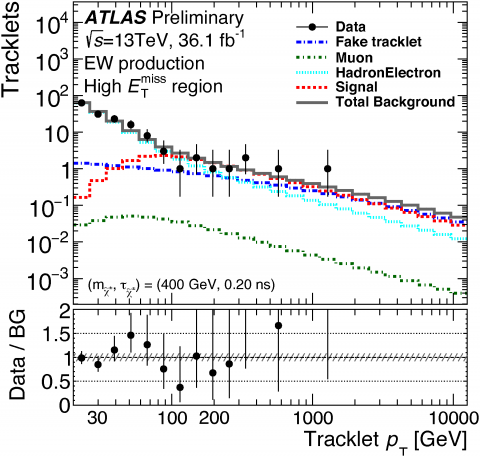
Quest for the lost arc
– Nature has surprised physicists many times in history and certainly will do so again. Therefore, physicists have to keep an open mind when searching for phenomena beyond the Standard Model.Read more →
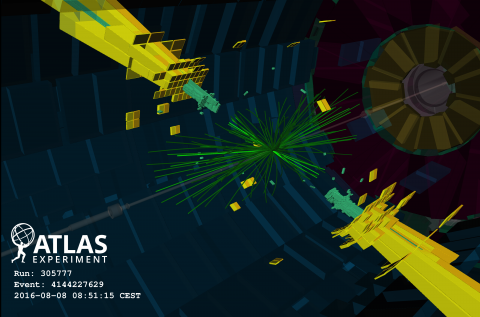
Particle-hunting at the energy frontier
– There are many mysteries the Standard Model of particle physics cannot answer. Why is there an imbalance between matter and anti-matter in our Universe? What is the nature of dark matter or dark energy? And many more. The existence of physics beyond the Standard Model can solve some of these fundamental questions. By studying the head-on collisions of protons at a centre-of-mass energy of 13 TeV provided by the LHC, the ATLAS Collaboration is on the hunt for signs of new physics.Read more →
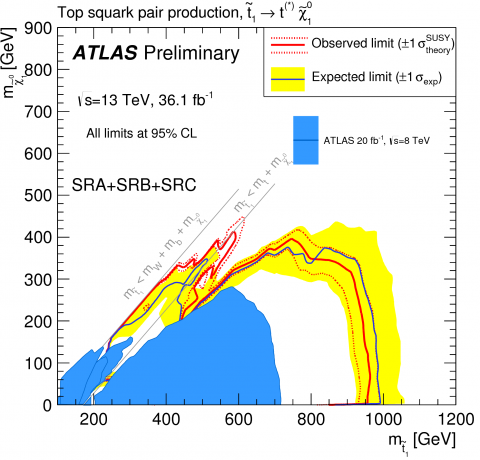
Searching for signs of the “stop”
– In new results presented at the Moriond Electroweak conference, the ATLAS Collaboration has sifted through the full available data sample of the LHC’s 13 TeV proton collisions in search of a specific SUSY particle: the heavy partner to the top quark, called the “top squark” or “stop”Read more →
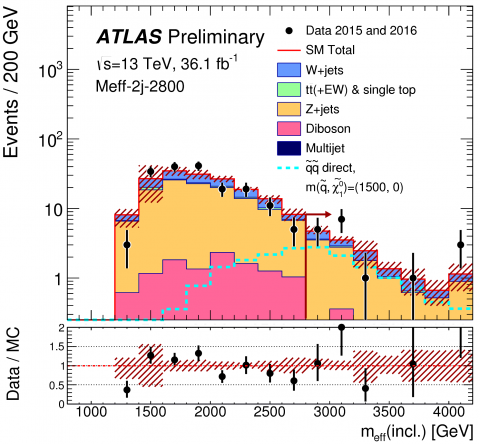
The search for super-particles continues!
– Many of the most important unanswered questions in fundamental physics are related to mass. Why do elementary particles, which we have observed and measured at CERN and other laboratories, have the masses they do? And why are they so different, with the mass of the top quark more than three hundred thousand times that of the electron? The presence of dark matter in our universe is inferred because of its mass but, if it is a particle, what is it? While the Standard Model has been a tremendously successful theory in describing the interactions of sub-atomic particles, we must look to even larger masses in search of answers and, potentially, new supersymmetric particlesRead more →
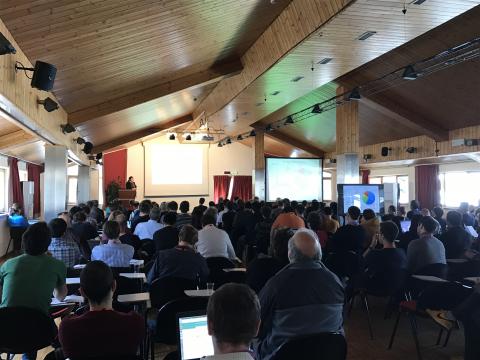
ATLAS to present new results at Moriond
– Every March for the past 50 years, particles physicists have been heading to the mountains. The terminus of this migration? Les Rencontres de Moriond, one of the year’s first major conference for high-energy physics.Read more →
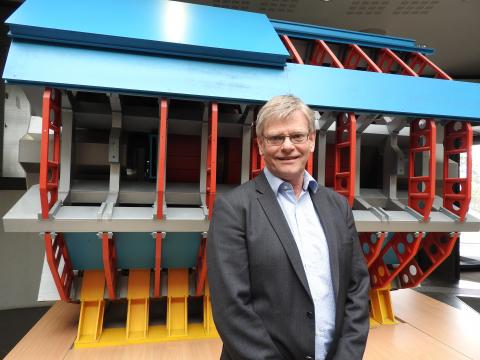
New management at the ATLAS Experiment
– Karl Jakobs from the University of Freiburg is a familiar face at CERN and in the ATLAS Experiment. He’s been part of the collaboration since the signing of the ATLAS Letter of Intent in 1992, having taken on various coordination roles, and followed the experiment through all its phases. Now, after twenty-five years with the collaboration, Karl is moving into the main office as spokesperson.Read more →
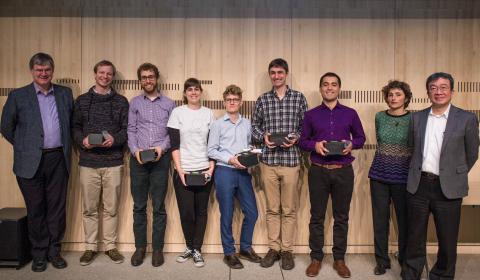
Award season at the ATLAS Experiment
– From detector development to detailed searches for new physics, ATLAS PhD students publish dozens of outstanding theses every year. Since 2010, a few have been celebrated at the annual ATLAS Thesis Awards.Read more →


